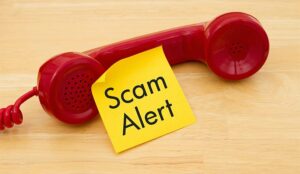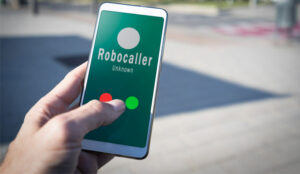Handling caller requests for a callback on a different number can be challenging, especially when balancing customer service expectations with contact centre policies.
Whitney reached out to our community of industry professionals for advice on managing this scenario:
“How do you handle if a caller asks to hang up and call them back on a different number? For us, it’s usually switching from a landline to a mobile. It’s not for follow-up purposes, it’s during the initial call. Do you allow that or do you require them to call back on the appropriate number?”
We posed this question to our readers, and here are their responses:
Call the Customer Back, Not Vice Versa
I always recommend calling the customer back rather than making them call again. It enhances customer service and improves CSAT scores by ensuring a smooth experience.
I would also suggest tracking this request as a reason for outbound calls and including it in reports to identify trends. This analysis could help recognise opportunities for digital troubleshooting or self-serve solutions.
However, depending on the contact centre policies, some centres only allow inbound calls due to high call demand, requiring the customer to call back.
Contributed by: Steven
Prioritise CX with Immediate Callbacks
We prioritise customer experience by calling the customer back immediately on their preferred number. Requiring them to call back into the queue creates frustration. While we are mainly an inbound centre, we aim for first call resolution wherever possible.
Contributed by: James
Schedule a Callback
If your system allows it, scheduling a callback at the customer’s preferred time and number is a great way to accommodate their needs without disrupting operations.
It should be arranged in a way that prevents call loss. The key is to ensure that the customer agrees to the callback so their experience remains positive.
Contributed by: Marc
Accommodate Simple Requests When Possible
If your company allows outbound calls and there are no concerns, just go ahead and do it. Customer-first policies should take precedence whenever possible.
Contributed by: Jeremy
Evaluate the Customer’s Reason for the Request
It’s important to consider the reason for the request before automatically allowing it. If there is a long queue (+10 in queue), we ask the customer why they need the change. Are they having trouble calling from their current line?
Contributed by: Mohammad
Call the Customer Back
I would suggest calling the customer back, and possibly deep diving the reasons for the callback? If it’s a free phone number, it’s about driving customer awareness that they won’t be charged or updating your IVR system to advise consumers to contact via mobile etc.
Contributed by: Seamus
Callback Requests are Rare
In some cases, such as household surveys, this request is rare. In sales, customers typically ask only when their phone battery is low. We usually request an alternative number and ensure they remain on the line while transferring.
Contributed by: Pratit
Differentiate Between Inbound and Outbound Calls
Our policy depends on who initiated the call:
- If the customer called us, we ask them to call back on their preferred number and provide our operating hours.
- If we called them and they request a callback on another number, we comply and call them back.
This article was made possible due to the great community of experts we have at Call Centre Helper, to get involved just join our LinkedIn Community and and if you aren’t already make sure you are following us on LinkedIn to see our latest content.
For more insights on managing customer call backs, read these articles next:
- Everything You Need to Know About Call Back Technology
- Managing Call-Backs in the Call Centre
- How to Bring Down Your Call-Abandon Rates
Author: Rachael Trickey
Reviewed by: Hannah Swankie
Published On: 2nd Dec 2022 - Last modified: 11th Feb 2025
Read more about - Call Centre Questions, Call Back, Queues















